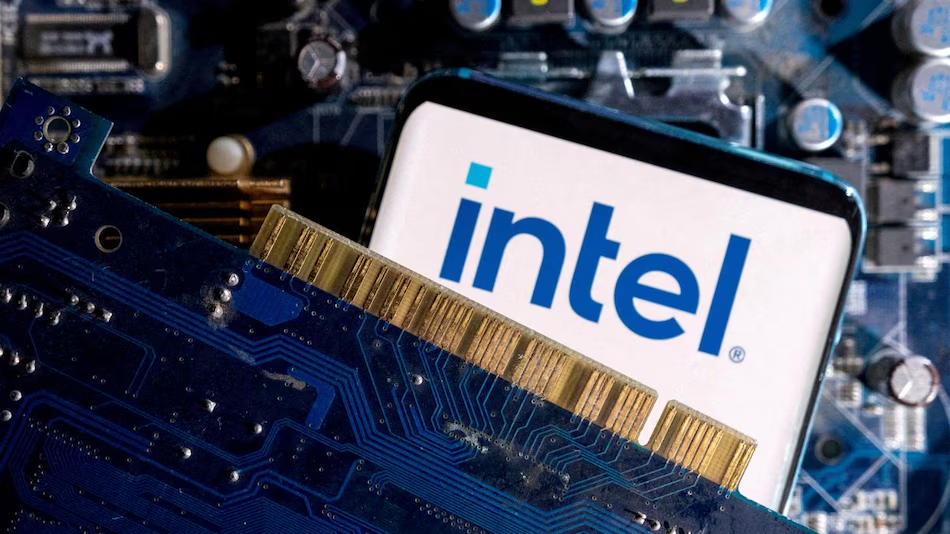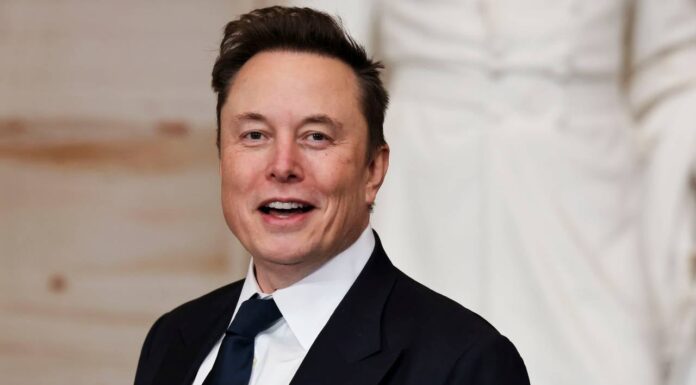In an effort to better connect itself with consumers, Intel Corp. will sell off businesses that aren’t essential to its mission and develop new goods, such as bespoke chips, according to CEO Lip-Bu Tan.
According to Tan, Intel needs to enhance its balance sheet, replace the engineering expertise it lost, and better align its manufacturing processes with the demands of prospective customers. Tan did not identify which aspects of Intel he feels are no longer essential to the company’s future when he spoke at the Intel Vision conference in Las Vegas on Monday, his first public appearance as CEO.
Tan addressed the audience of the company’s consumers, saying, “We have a lot of hard work ahead.” “In certain instances, we have not lived up to your expectations.”
The seasoned semiconductor executive is working to turn around a business that has led its market for decades but is now chasing competitors in the majority of the areas that determine success in the industry. Whether the corporation should stay intact or break up its primary product and manufacturing operations is a crucial challenge facing its leadership.
Tan made no mention of trying to sell off any Intel division. Rather, he outlined the issues he must address to improve the performance of both departments. He claimed that Intel’s CPUs are insufficient for work involving data centers and artificial intelligence in particular.
The CEO claimed, “We fell behind on innovation.” “We haven’t changed quickly enough to accommodate your needs.”
The 65-year-old Tan’s appointment, which took effect on March 18, initially raised hopes and enticed some investors to return to the stock. However, since then, the shares have decreased in tandem with a broader selloff in tech firms. Following the executive’s presentation, the shares fell by roughly 1.2 percent during prolonged trading.
Tan resigned from his position on the Intel board in August 2024. The CEO claimed that people have questioned him about why he accepted the position at this point in his career.
“Watching it struggle was really difficult for me,” Tan remarked. “Knowing that I could help, I just couldn’t remain on the sidelines.”
The board dismissed Tan’s predecessor, Pat Gelsinger, for what it saw as his inability to revitalize Intel’s product line. Developing an AI accelerator processor that can compete with Nvidia Corp.’s products is one of the most obvious hurdles. Over the past two years, the AI computing revolution has caused that company, which was once in Intel’s shadow, to see a sharp increase in both revenue and valuation.
Although it is still in its early phases, Gelsinger had also aimed to transform Intel into a chip foundry, a contract manufacturer that produces goods for external customers.
Tan stated that instead than Intel controlling the process, the corporation should listen to potential external clients for its factories and allow them to dictate the design and production of their goods. According to Tan, his company will provide unique parts to numerous large customers that want them.
The CEO emphasized time and again that he is dedicated to staying at Intel for as long as it takes, but that there is no short-term solution to the company’s issues.
He stated, “I know we can get there, but it won’t happen overnight.”
















